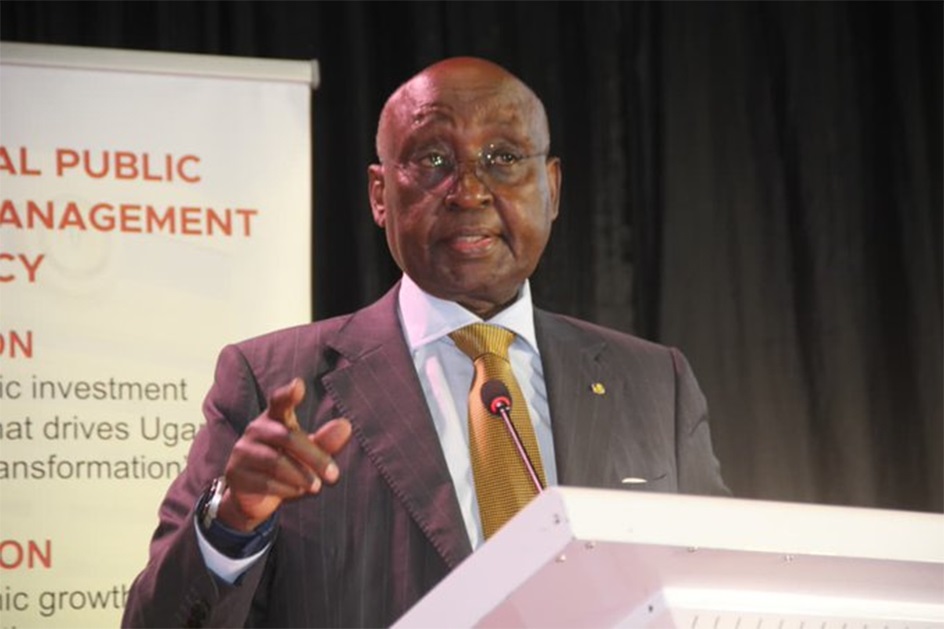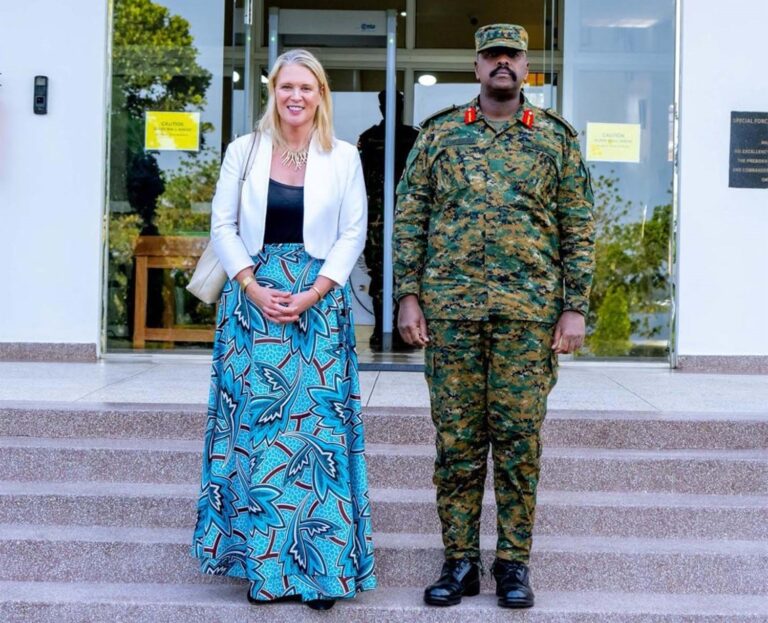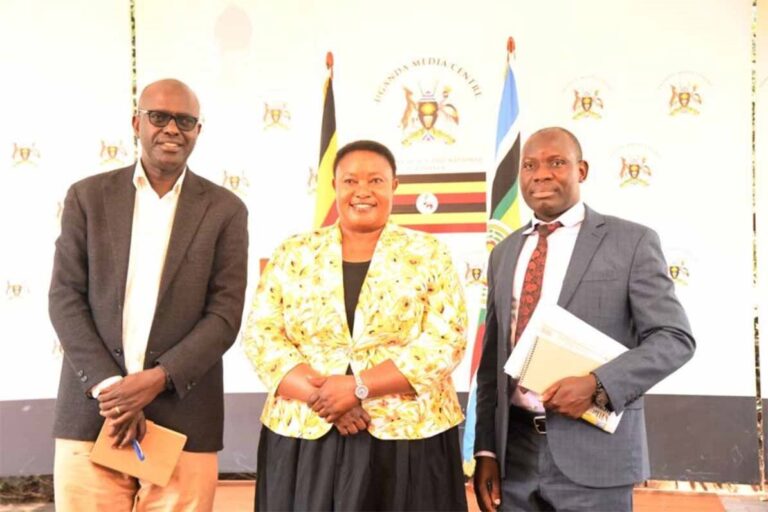
Dr Kaberuka speaking during the recent seminar
HABARI DAILY I Kampala, Uganda I Uganda can achieve Vision 2040 and the tenfold growth strategy without necessarily depending on development finance and donations from developed countries, Donald Kaberuka, the former president of the African Development Bank has said.
The Ugandan government has set a bold target to increase the size of the economy from about $50 billion in the 2023/24 FY to $500 billion by 2040.
This tenfold growth strategy is anchored on four primary sectors: Agro-industrialization, Tourism development, Mineral development, and Science, Technology, and Innovation, collectively referred to as the ATMS.
“The story of development in the last 70 years has gone through this exact curve. Economists have proved beyond doubt that all Africa needs is more resources. Once it closes the resource gap, countries can attain high growth rates and achieve the growth projections,” he said in a key note address during the 2nd Public Investment Management conference.
Organised jointly by Makerere University and the Ministry of finance, the conference was held under the theme: “Overcoming Implementation Barriers in Public Investment Management for Fiscal Sustainability,” and brought together hundreds of policy makers, academicians, civil society advocates and students.
It was held at the MUK Yusuf Lule Central Teaching Facility Auditorium on Thursday, 14th August.
Kaberuka, who is also Rwanda’s former finance minister, decried the aid industry, which was born in the 1970, as having compelled many countries in Africa to depend on hand-outs.
He said that around the late 1970s, people found that countries performed differently, irrespective of the level of resources. “There were some countries where a huge amount of resources was being spent, but the development outcomes were quite disappointing,” he said.
He urged local economists to stick to mobilising local resources and ensure that internally fund initiatives like Vision 2040 work out.
Kaberuka, who is currently the Chairman and Managing Partner of SouthBridge, a Pan-African financial advisory and investment firm, cited a case study of Vietnam, whose economy was about $50b in the 1970’s but has grown to more than $500b currently.
Prof Buyinza Mukadasi, the MUK Acting First Deputy Vice Chancellor in charge of administration, said that the conference was timely, since it came at a critical time in Uganda’s economic journey, a time when the Fourth National Development Plan (NDP IV) is in its first year of implementation.
“This transformation will require a strong public investment management system that guarantees efficiency, effectiveness, and sustainability of projects,” he said.
Ramathan Ggoobi, the permanent secretary, ministry of finance, said that recently, the cabinet approved the national public investment management policy of 2025, which will impact on the way public resources are allocated.
“This policy, which provides a unified framework to enhance the efficiency and effectiveness of public investments across the entire investment cycle, will ensure that we curtail the wastage of public resources and make those implicated palpable,” he said.
Ggoobi added that a framework with defined metrics to track the performance of public investments has also been introduced.
“This is intended to optimise resource allocation as well as enhance the overall efficiency of public investment execution in Uganda, he said, adding that they are still experimenting the implementation of the framework.
“Of course, the ministry, departments, agencies, and local governments will continue to experience persistent delays in post-overruns, in coordination, but also suboptimal delivery of these projects. But they shall overcome this in due course.”
Ggoobi warned that the bottlenecks were not only eroding public trust, but also slowing the pace at which the country was developing. “And as I already told you, we are now having no patience at all, because we want to flourish.”
Matia Kasaija, the minister of finance, said that Public projects must be executed on time, on budget, but also on good specification and good quality.
“This will help us ensure that projects not only generate the necessary goals we need with our 10-fold growth targets. They should also create fiscal space for new projects to come in,” he said in a speech read for him by Amos Lugoloobi, the minister of state for Planning.
He said that public officials must ensure that they shift their mindset towards accountability, performance, and leadership. “Adopt the culture of timely delivery of projects at all levels of government. This is how we will make development work.”




